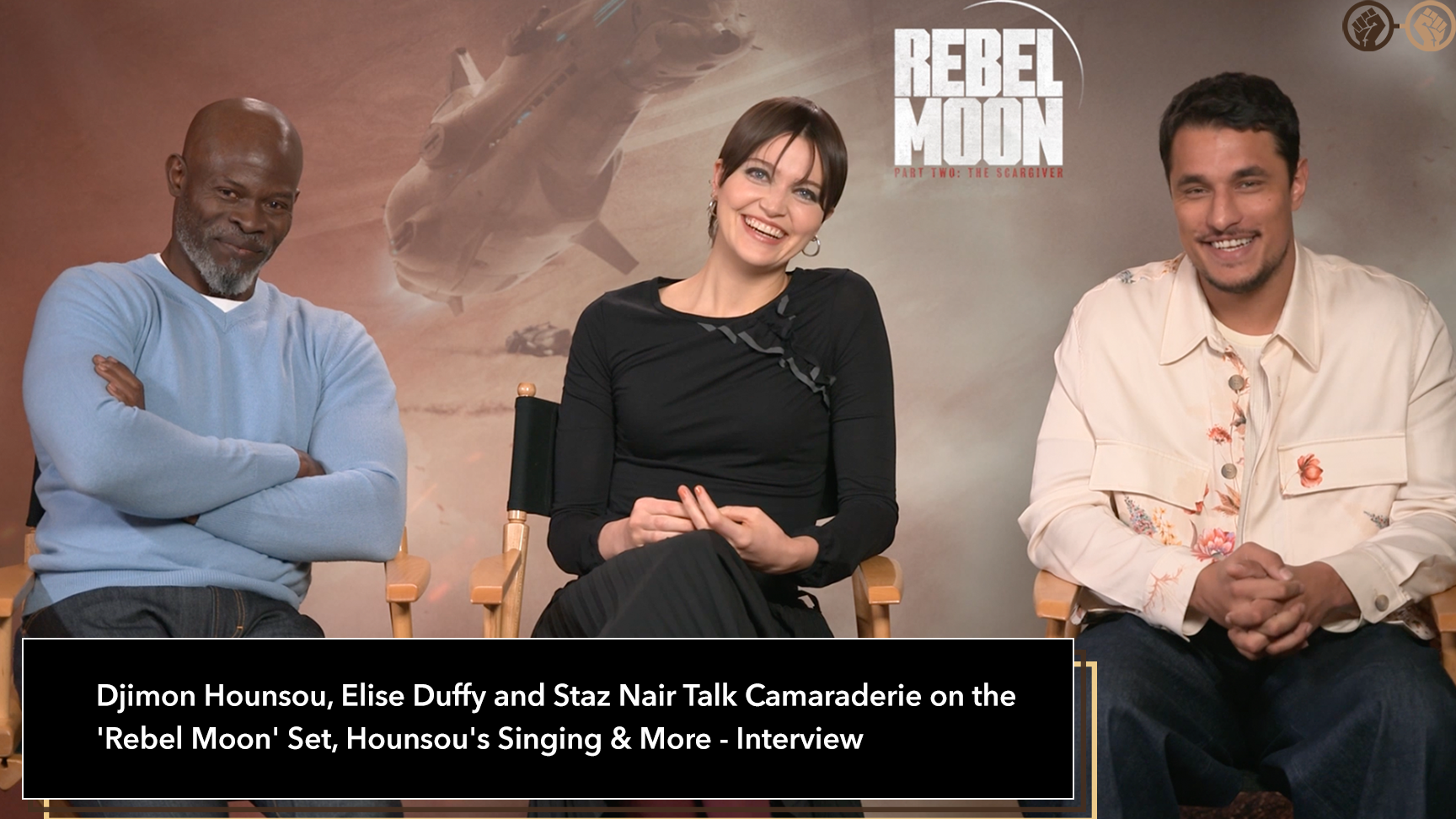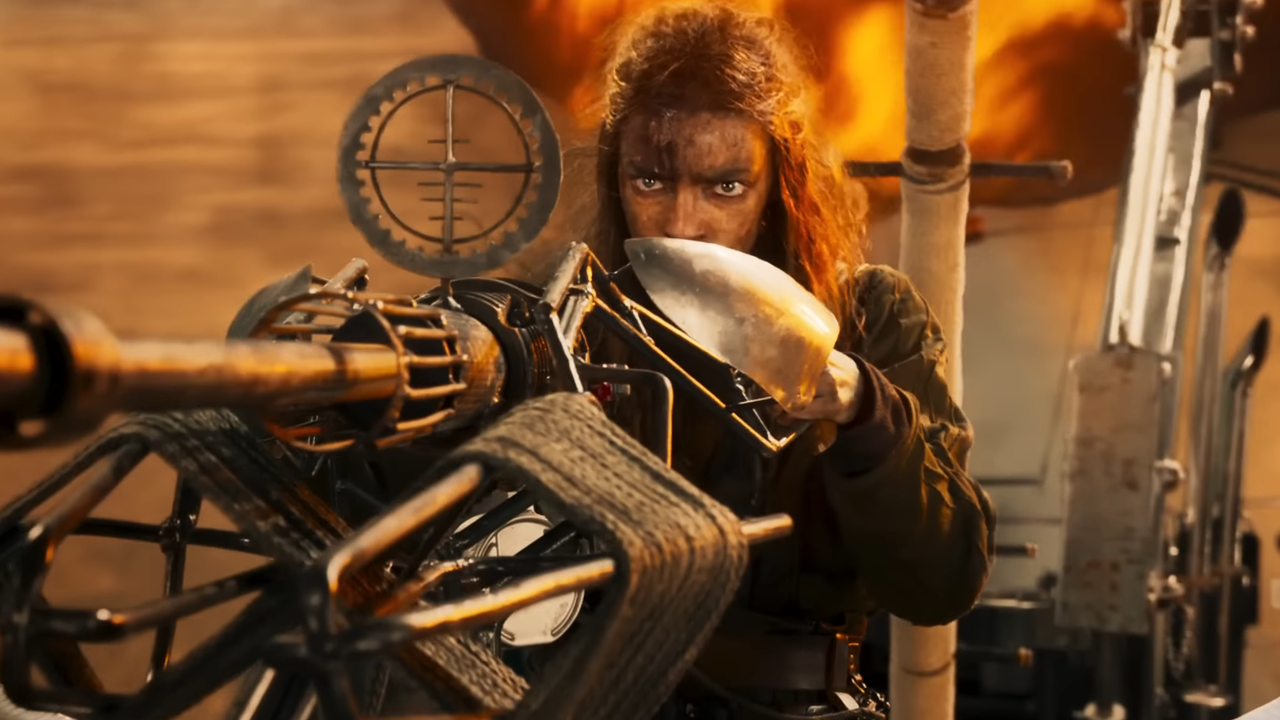This article contains spoilers. So make sure you see it before you read this! If you don’t know if you want to watch it, check out the trailer here.
Cash is green. Everybody knows this and it’s what they say in the movie about the protagonist, Cassius “Cash” Green. This movie is filled with symbolism and motifs that mock society (think wild dystopian novels like George Orwell’s 1984 or Ray Bradbury’s Fahrenheit 451), so they clearly don’t mean it in just a literal sense as a jab to his nickname. Cash is also green with envy. This becomes just as clear as his anxiety about his own importance and role in the world.
Cash (Lakeith Stanfield) has it bad, really bad. He’s a poor black man living in debt with his fiancée, Detroit (Tessa Thompson) out of his uncle’s (Terry Crews) garage. He fears the world will end before he has a chance to do anything of importance and carries the weight of that stress on his shoulders. He finds a job at a telemarketing company Regal View, but it’s corrupt and only pays minimum wage, so he and the workers plan to strike. The company offers promotions to “power caller”, a position that gives the employee access to a very special elevator that goes to the very special upper floor.
Everybody is supposed to envy the power caller, but most of the workers don’t because they see it as a scam because the phrase “successful telemarketer” is an oxymoron to them. But Cash is so envious of the power caller life, he’s willing to do anything to get it. Sadly, Cash lands the power caller position and gets a raise only when he surrenders his identity and puts on his “white voice”, a tip given by a black coworker (Danny Glover). And just like that, he’s in the big leagues, leaving the rest of his regular telemarketing coworkers and his girlfriend behind to form the union by themselves; no way he was going to give up that baller salary. But he has no idea what he’s getting himself into.

He literally got promoted to sell people into slavery contracts for the Worry Free company. To the public, the company is a “safety net” for the poor, offering them meals and housing in exchange for free labor and job security, which is funny because they can’t back out of it. So you know, slavery. But wait, there’s more: CEO Steve Lift (Armie Hammer) turning their slaves into f**king horse/human hybrids to increase efficiency. He’s helping a company make “equisapiens.”

But before this bizarre chaos enthuses, something more intimate is happening with Cash. Ever since he put on his white voice, he hasn’t been able to turn it off, even when he’s talking to his unnamed black coworker (Omari Hardwick) who also figured out the white voice. Sometimes he doesn’t even know he’s doing it. It only further isolates himself from his fiancée and true friends and he gets more and more anxious as he slowly starts to realize this. But because he thinks he’s all high and mighty with his new luxurious lifestyle, he only continues to push them away.
With his peers, fiancée, and literal voice stripped away, he is left vulnerable with no identity and it’s not like he was confident in himself beforehand. His vulnerability and lack of identity are out on display and it’s almost as if the new world he immersed himself in senses this and attacks him when he’s already so weak. The public mocks him for being nothing more than a sell-out and his peers—the new rich and white ones—mock him for being nothing more than a black guy. In both cases, he makes a complete fool out of himself and the black community as a whole.

When he finds out about the equisapien plans of WorryFree, his anxiety is more focused on keeping his human form more than anything and it fosters a sense of urgency in him. He refuses to become more of a victim and finally fights back. Instead of idly watching his identity be stripped before his very eyes, he takes action and says to hell with all of it. In his normal voice, that is.
As soon as he fights back, our boy Cash is himself again and his original peers welcome him back with open arms. When the chaos is settled, Cash’s constant state of anxiety and envy is replaced by a sweet state of easy bliss. He is no longer a sellout, a victim, or just the token black guy. He is Cash Green and he’s comfortable with his place in the world, even if the sun blows up the next day.
Nothing but love.






Leave a Reply to Rihaana StarkCancel reply